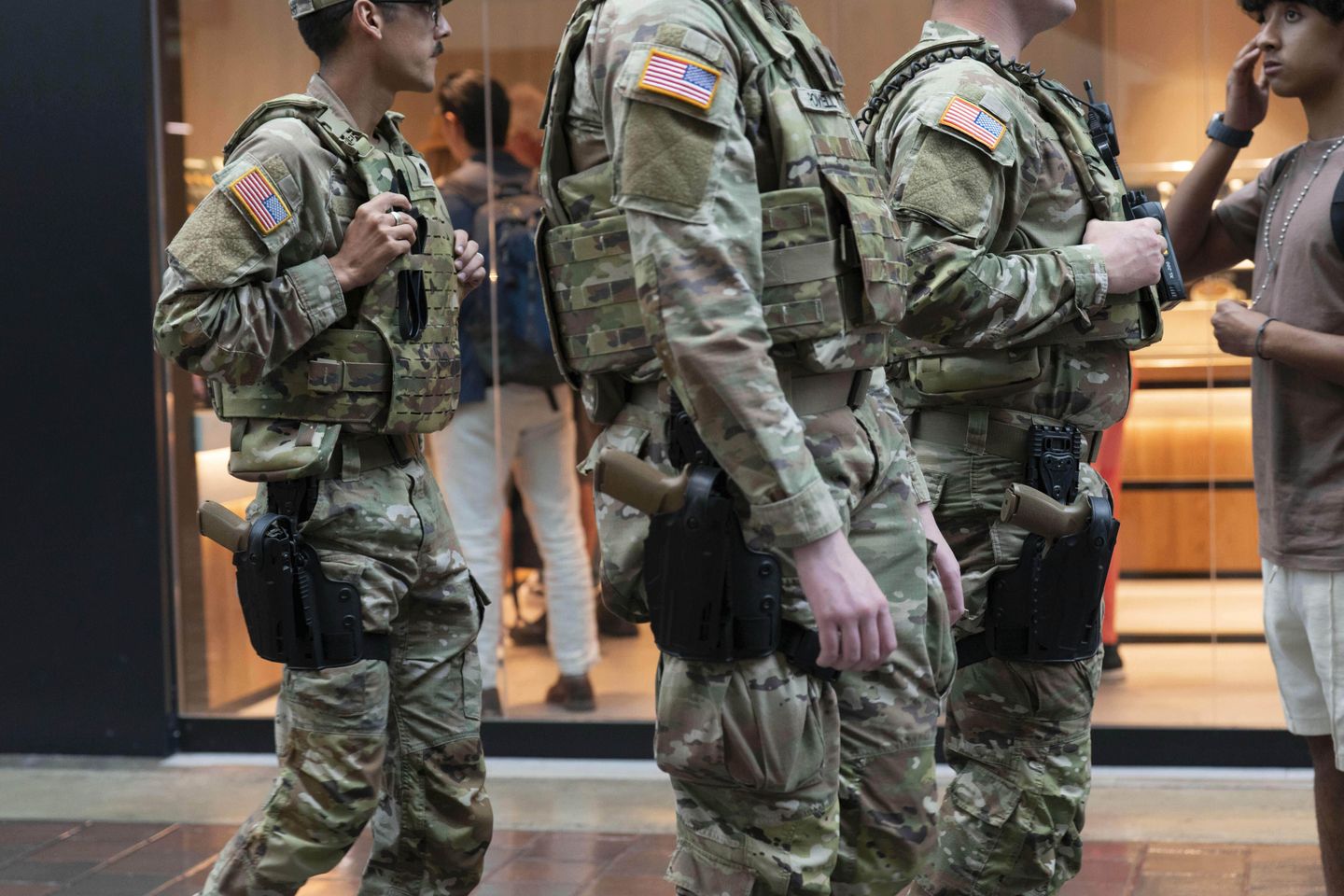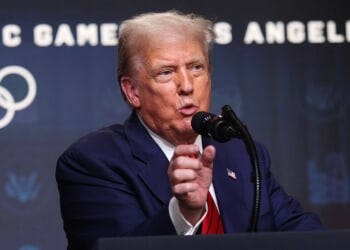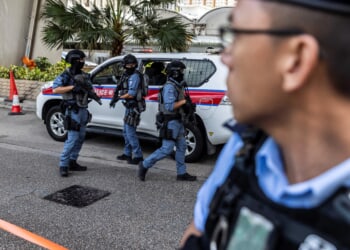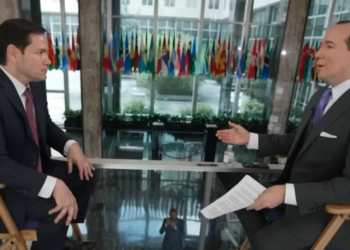
Democratic leaders have opposed President Trump’s deployment of the National Guard to restore order in Los Angeles and fight crime in the District of Columbia, but legal experts say the Insurrection Act of 1807 authorizes him to do so.
The issue has borne scrutiny recently as Mr. Trump has threatened to send troops to Chicago, Baltimore and New York against Democratic resistance and criticism.
“Trump has authority to use the military to defend federal installations, personnel, and operations — the exact same grounds that he invoked to send the military into Los Angeles and which were upheld by the Ninth Circuit Court of Appeals,” said John Yoo, a law professor at the University of California, Berkeley.
The Insurrection Act allows Mr. Trump to deploy the Guard as long as one of three conditions is met: (1) request from a state’s governor, (2) enforce federal law when it’s being obstructed, or (3) protecting Constitutional rights when the states are unwilling or unable to do so,” Daniel Pi, a law professor at the University of New Hampshire, said in an email.
“So, if Trump wants to federalize the National Guard or deploy other military to the states, then one of those three conditions must be satisfied,” Mr. Pi said. “Now, it’s a fraught enterprise trying to predict what the Trump administration will do next — but I think most likely they would allege that condition (2) is satisfied if they federalize the National Guard or send other troops into the states.”
Critics of Mr. Trump’s deployments have decried the use of troops to enforce local laws, sometimes citing the Posse Comitatus Act of 1878 barring the military from acting in domestic situations without the expressed consent of a state’s governor.
However, under the Insurrection Act, the president was allowed to deploy the California National Guard to Los Angeles in June to protect federal buildings and personnel during anti-immigration protests, legal experts say. The Trump administration also has cited Title 10 of the U.S. Code Section 12406(3) to justify the deployment.
“This right of the President, under the Constitution, to use the military to protect the federal institutions was first recognized by the Supreme Court” in 1890, Mr. Yoo said, adding that Mr. Trump could also argue that people or conspiracies are obstructing the enforcement of federal law.
“This would allow the deployment of the military under the Insurrection Act. In these cases, the military would not be acting to make arrests for violations of the criminal law, but to restore law and order and end the efforts to block federal law,” he said.
What’s more, the Posse Comitatus Act does not apply to the D.C. National Guard because the District is not a state and the president can exercise direct control of the local troops, said William Banks, a professor at Syracuse University College of Law.
Mr. Banks also noted that the Home Rule Act of 1973, the federal law granting D.C. officials autonomy in local governance, allows the president to assume command of the city police force and National Guard.
Mr. Trump activated the D.C. National Guard on Aug. 7.
If Mr. Trump were to try to deploy troops in a state without a governor’s request, as he did in Los Angeles, the president must cite the federal interest in doing so under the Insurrection Act, Mr. Banks added.
“He would have to spell it out. That is a pretty tough thing to do with street crime,” the law professor said. “It goes on everywhere. It is not extraordinary.”
Mr. Pi said the Trump administration could try to make the argument that the state is allowing for the obstruction of federal law to take place.
Mr. Trump’s administration has cited federal law, Title 10 of the U.S. Code, Section 12406(3), to deploy the guard. Under that statute, a president may deploy the guard if there is an invasion, rebellion or if regular forces cannot enforce the laws.






![Gavin Newsom Threatens to 'Punch These Sons of B*thces in the Mouth' [WATCH]](https://www.right2024.com/wp-content/uploads/2025/08/Gavin-Newsom-Threatens-to-Punch-These-Sons-of-Bthces-in-350x250.jpg)
![ICE Arrests Illegal Alien Influencer During Her Livestream in Los Angeles: ‘You Bet We Did’ [WATCH]](https://www.right2024.com/wp-content/uploads/2025/08/ICE-Arrests-Illegal-Alien-Influencer-During-Her-Livestream-in-Los-350x250.jpg)







